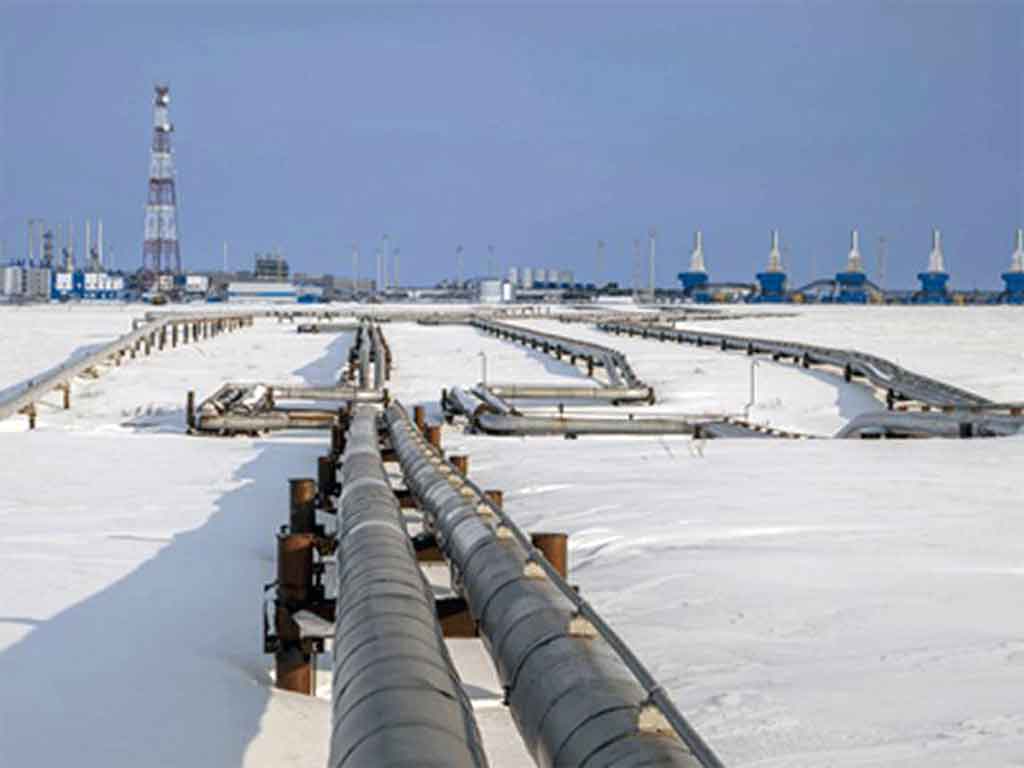“So far, the supply to the countries of the European Union remains stable despite the ongoing debate in the bloc on limiting purchases of liquefied gas from Russia,” the Kpler statement informed, as reported this Monday by the Vedomosti rotary.
Last year, EU states increased gas purchases on the global market to replace lost volumes of supply through pipelines from Russia. Nevertheless, no direct sanctions have been imposed on the supply of Russian fuel via pipelines.
However, in early March the Minister of Ecological Transition of Spain, one of the largest consumers of gas in Europe, stated that Brussels should toughen its position on Russian gas supplies.
Such an initiative would limit preliminary capacity requests for liquefied natural gas terminals supplied by Russia. The proposal is expected to be considered in the European Parliament in April.
“Despite the EU’s plans to limit the import of Russian gas, we do not see such a trend yet,” said independent expert Aleksander Sobko. “Importers do not plan to stop buying from Russia, and they are not going to gradually replace it with other supplies, which suggests that, at a minimum, they are not interested in such a replacement and, at most, they will try to preserve Russian imports for the maximum time possible,” he argued.
Although, Sobko points out, “Some decisions could be made in April on possible restrictions on the import of Russian gas”. On the other hand, during the summer months, Russian gas companies traditionally send most of their fuel to Asia via the Northern Sea Route.
jrr/llp/jf/gfa










